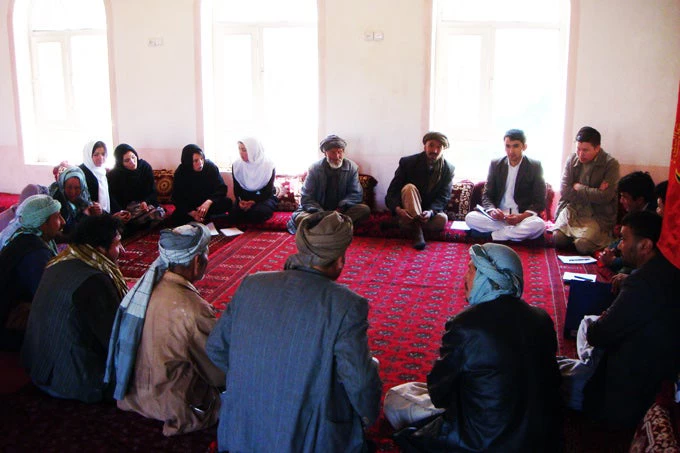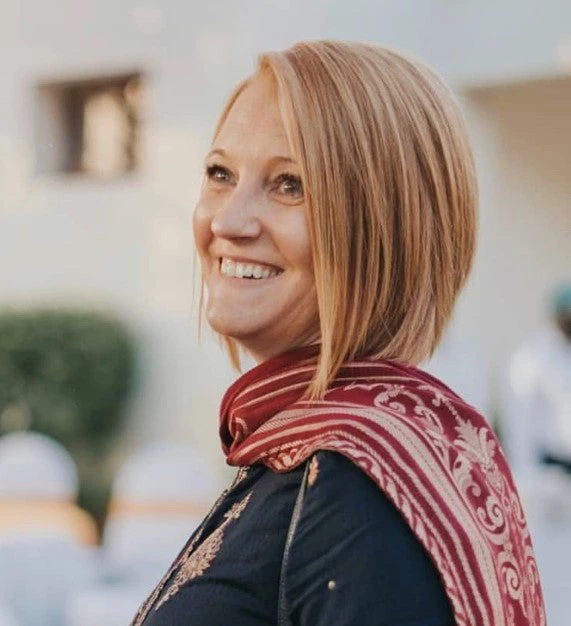
Women and men agree on Afghanistan’s development priorities according to the findings of the country’s most recent Living Conditions Survey of 2013/14 where more than 20,000 Afghan women and men were separately asked what they thought their government’s main development priority should be.
Both women and men picked service delivery, infrastructure development and increased security as top development priorities. Three-quarters of men and women said that the main priorities were improved access to drinking water, construction and rehabilitation of roads, and improved health facilities. About 15 to 18 percent of the respondents picked more jobs, access to agriculture and veterinary services, and improved local education facilities. Not surprisingly, in districts rated as insecure, priorities for both women and men shifted toward increased security. This emphasis on security meant that men and women in these districts gave a relatively lower priority for infrastructure services especially for road construction and electricity provision.
However, such convergence of opinions may hide the fact that many Afghan women have such a limited role in decision-making within the household that they may just be mirroring the stated preferences of men in their household. For example, male heads of the household predominately make decisions alone on food purchases, purchases of clothing (even for their wives and children), and spending on medication.
Women’s participation is particularly important as we do find evidence that male and female respondents within the same household facing the same socio-economic conditions, prioritize different development needs.
Within a household, women are more likely to prioritize drinking water, local health services, as well as literacy and vocational training program more than men. On the other hand, men prioritize increased security, better local justice and dispute resolution, as well as access to agricultural and veterinary services and irrigation rehabilitation more than women. These differences are in line with similar findings from India and Indonesia.

NSP started its work in Daykundi in 2003, eventually covering all eight districts and establishing 750 local Community Development Council (CDCs) across the province. The program has completed nearly 1,600 projects in the areas of transport, education, and drinking water.
One of the program’s most significant gains has been women’s empowerment. Not only did NSP increase access to services for women and girls, it also increased the participation of women in dispute mediation by 21 percent, and in aid allocation by 14 percent (Beath, Christia and Enikolopov, 2015). [1]
Paye Wargha Alawdal village provides a good example, where women comprise half of the CDC, and take leadership roles in decision making, project monitoring and problem solving. “My wife is also an elected member of the CDC,” says Noor Hussain, 65, a CDC member. “Women are helping us a lot to implement the projects better.”
We hope that NSP’s successor Citizens’ Charter Afghanistan Project (CCAP) will continue to build on and further help women and girls across Afghanistan actively engage and define the future of their communities.
This is the first blog of a series by the Afghanistan Poverty and Equity Team.



Join the Conversation